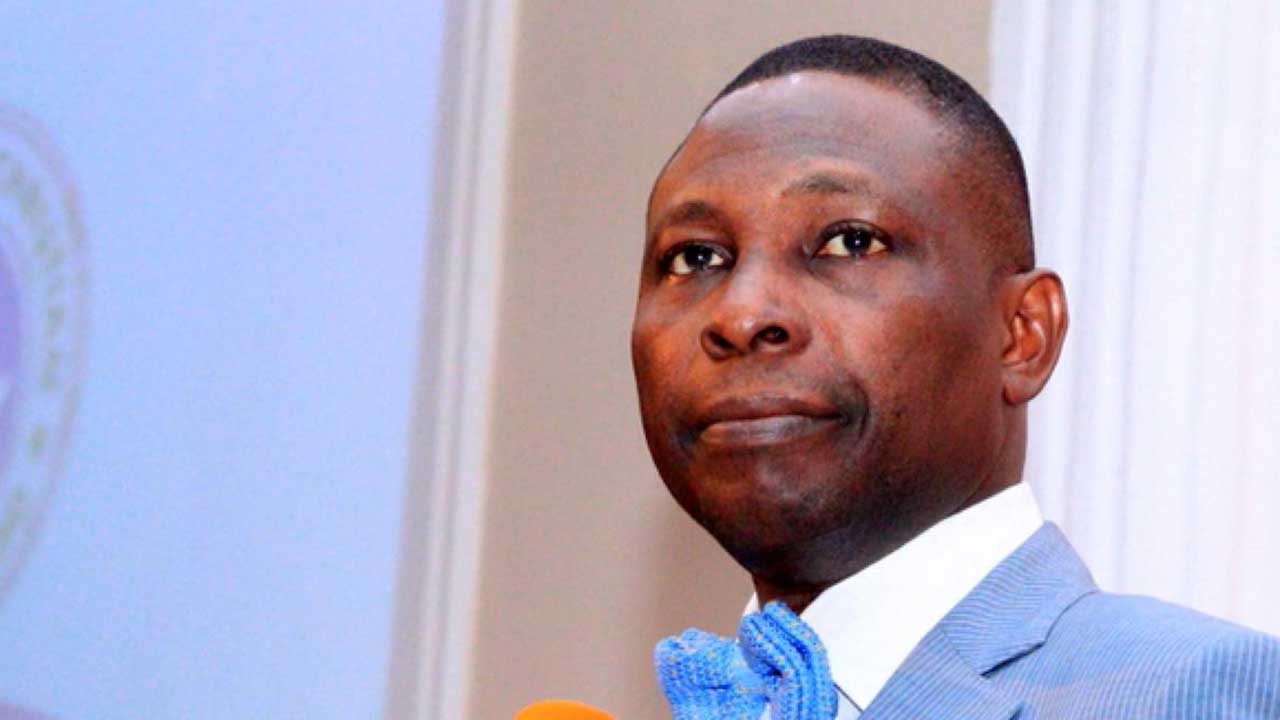Despite reforms in some countries, legal discrimination continues to exclude many from citizenship and basic rights.
Across Africa, countless women and their children remain trapped in legal limbo due to nationality laws that discriminate based on gender. While some countries have introduced reforms to address these issues, many changes are only partial, leaving critical gaps that affect access to education, healthcare, travel, and legal identity.
A new study presented at the 7th Canadian Conference on Humanities and Social Sciences by Cassadee Orinthia Yan, managing researcher at the Maslow Quest Foundation, highlights persistent gender discrimination in nationality laws globally. Her paper, “Gendered Descent Regimes and Two-Tier Reform: Unequal Citizenship in Nationality Law,” argues that many laws continue to disadvantage women by denying them equal citizenship rights.
“States party to CEDAW Article 9 are obligated to guarantee women equal nationality rights,” Yan said. “Yet, as of 2025, more than 50 countries worldwide still deny women equal rights under nationality laws.” These laws often prevent women from conferring nationality to their children or spouses on an equal basis with men.
Yan’s research identifies a common pattern she calls the “two-tier reform pathway.” In this model, countries may first remove gender discrimination in passing nationality from parent to child. However, reforms rarely extend to ensure equality in spousal nationality rights or full constitutional recognition of citizenship.
For example, Egypt and Morocco now allow women to pass nationality to their children. Yet, foreign husbands of female citizens continue to face far more hurdles than foreign wives of male citizens. Liberia recently made important progress by eliminating sex-based discrimination in nationality transmission to children and recognising dual citizenship. However, a constitutional clause limiting naturalisation to people of “Negro descent” continues to restrict citizenship access on racial grounds.
“This is not just about legal technicalities,” Yan noted. “Children without documents and formal legal status cannot travel, attend school, or access health care. Even when laws change, administrative barriers — such as excessive documentation requirements or a lack of retroactive application — leave many families behind.”
The consequences of these discriminatory nationality laws are severe. Children born to women who are unable to transmit their nationality often become stateless, deprived of any legal identity. This statelessness excludes them from basic rights and services, reinforcing cycles of poverty and marginalisation. Gender discrimination also persists in laws governing nationality through marriage. Foreign husbands of female citizens often face stricter conditions or are outright denied citizenship. This undermines family unity and increases social and economic vulnerabilities.
Beyond legal statutes, Yan’s study emphasises the bureaucratic obstacles that prevent reforms from being implemented effectively — even where legal equality exists on paper.
Human rights advocates point to international treaties such as the Convention on the Elimination of All Forms of Discrimination Against Women (CEDAW) as clear mandates for gender-equal nationality laws. Yan stresses that partial reforms, while meaningful, are not enough.
“To fully guarantee equality, states must not only allow equal parent-to-child transmission but also ensure equal spousal nationality rights, apply reforms retroactively, simplify administrative procedures, and align national laws with constitutional and international obligations,” Yan explained.
This issue extends beyond legal frameworks. It touches on fundamental human rights, social inclusion, and the political belonging of millions. Without comprehensive reform, many women and their children across Africa will continue to face exclusion — with profound social and economic consequences for generations to come.
The Maslow Quest Foundation (mq.org) is a non-profit research organisation committed to promoting social inclusion for disadvantaged and marginalised groups. It leads collaborative research initiatives to inform public awareness campaigns, produces evidence-based reports, and advocates for legal reforms that protect communities from social and legal exclusion. The foundation’s work centres on advancing equal nationality rights, inclusive citizenship policies, and the recognition and protection of neurodiverse individuals.






